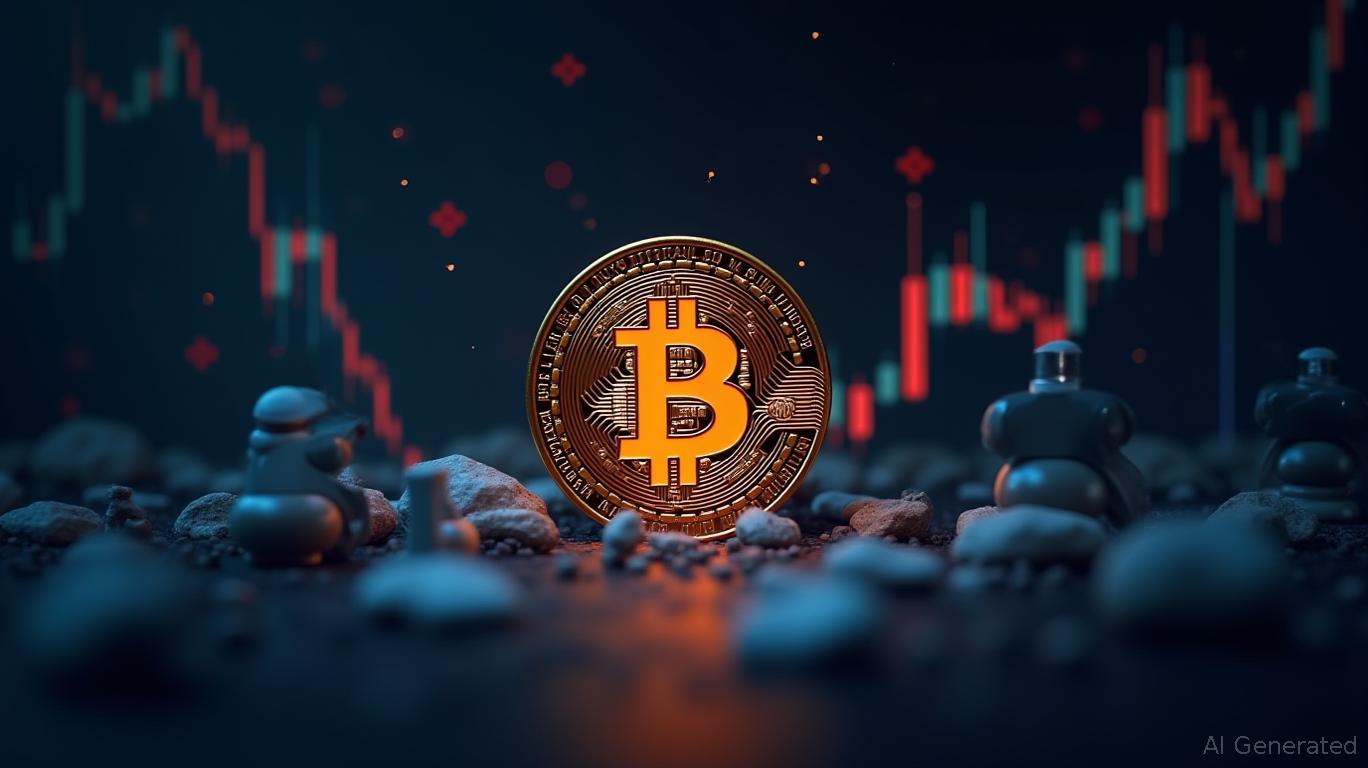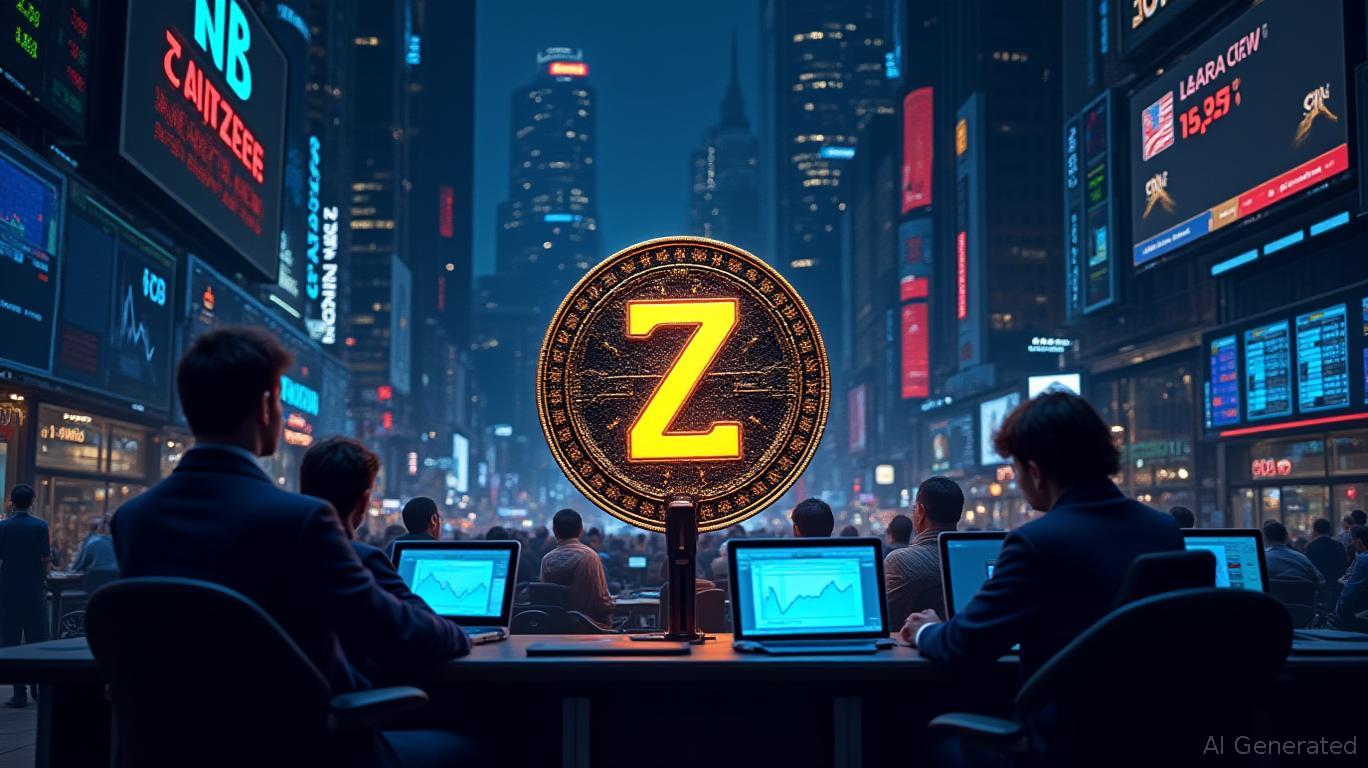US Court Verdict Reveals Surprising Details On Argentina’s LIBRA Meme Coin Scandal
A US court blocked creditors from seizing LIBRA crypto assets, finding the funds likely tied to Javier Milei’s inner circle, not the Argentine state—complicating both the debt recovery case and Milei’s political troubles.
A US court rejected a seizure request by international investment funds that sought to link crypto funds linked to the LIBRA scandal to the Argentine State.
Instead, a judge noted that the evidence pointed toward private individuals as the parties controlling the funds. The conclusion further complicated the involvement of Argentine President Javier Milei, his sister Karina, and LIBRA promoter Hayden Mark Davis.
Judge Points Finger at Milei Insiders
This week, Federal Judge Jennifer Rochon in the Southern District of New York denied a request by international investment funds that had attempted to seize LIBRA cryptocurrency assets by linking them to the Argentine State.
Rochon argued that the evidence was insufficient to prove state ownership. Instead, she suggested that the millions generated by LIBRA could belong to Milei, his sister and Secretary General Karina Milei, or Mark Hayden Davis, who helped launch and promote the meme coin.
$Libra: la jueza Rochon le negó la información de las ganancias de la estafa global a un fondo que litiga contra Argentina. Dijo que no afirma (ni niega) que los más de 100 millones de dólares que admitió tener Hayden Mark Davis puedan ser de él, Javier Gerardo y Karina Milei.👇 pic.twitter.com/4LRT8NNxU7
— Juan Alonso (@jotaalonso) October 21, 2025
The ruling frustrated the funds’ attempt to locate assets to recover a loan to Argentina after the country suffered an acute economic crisis in 2001.
The asset seizure case is legally distinct from the civil class-action lawsuit filed against Milei by retail investors over their $251 million in losses. Nonetheless, it still highlights and complicates his connection to the broader scandal.
Why Foreign Creditors Tried Seizing LIBRA Assets
The request to Rochon represented a calculated move by four major investment funds seeking to get paid for a major debt.
Palladian Partners, HBK Master Fund, Hirsh Group, and Virtual Emerald International Limited comprise the four financial firms that own bonds that were part of the major debt restructuring following Argentina’s massive 2001 sovereign default.
Specifically, they hold GDP-linked securities, which promise creditors a payout if Argentina’s economy grows above a certain threshold. In 2019, these funds sued Argentina in a UK court, arguing that the country had incorrectly calculated its GDP to avoid triggering the payment on these bonds.
In 2023, the court ruled in the funds’ favor, ordering that Argentina pay them over $1.5 billion in debt owed. However, since then, Argentina has failed to do so.
In light of this, the funds have launched a global campaign to locate and seize any assets belonging to the Argentine State that they could find in other countries.
Following the LIBRA scandal, the funds have sought to justify the seizure of millions of dollars generated by insiders due to the token launch.
Creditors’ Crypto Bid Backfires on Milei
The four international investment funds targeted the LIBRA scandal because it was a new, high-value asset that Milei strongly promoted.
In their latest appeal before the Southern District of New York, these funds needed to prove that the billions generated by the token belonged to the Argentine state, not to private individuals.
If they could prove this, they could legally try to seize the LIBRA profits to cover their debt. The funds requested extensive documentation from Meteora, the Solana platform that launched LIBRA. They also demanded testimony from several individuals to prove their cause.
However, the fruits of their efforts actually backfired.
Judge Rochon rejected the funds’ request because the creditors failed to provide enough credible information to justify involving the US court system in a dispute primarily concerning a foreign state and foreign creditors.
The funds were criticized for engaging in a “fishing excursion,” meaning they were not seeking specific, relevant evidence. Instead, they used the court’s power to conduct a speculative investigation into the entire cryptocurrency operation.
She noted specifically that their evidence pointed to private ownership, further complicating Milei’s participation in the scandal.
Disclaimer: The content of this article solely reflects the author's opinion and does not represent the platform in any capacity. This article is not intended to serve as a reference for making investment decisions.
You may also like
Bitcoin Updates Today: October Slump in Bitcoin Paves the Way for a November Recovery Amid Institutional Moves and Global Political Shifts
- Bitcoin's November historically averages 42.51% gains, with experts predicting a 2025 rebound after October's 3.69% drop. - Market shifts to spot trading and declining exchange balances signal accumulation, while Saylor and Kiyosaki forecast 2025 price doubling. - ETF outflows and macro risks persist, but reduced leverage and geopolitical easing (e.g., Trump-Xi meeting) support November optimism.

Zcash Strikes a Balance Between Privacy and Regulatory Standards, Surpassing Competitors and Reaching a $7 Billion Market Value
- Electric Coin Co. (ECC) released Zcash's Q4 2025 roadmap, prioritizing privacy upgrades and technical debt reduction amid ZEC's $7B market cap surge surpassing Monero and Shiba Inu. - Roadmap includes ephemeral transparent addresses, address rotation, and P2SH multisig support in hardware wallets to enhance privacy and scalability while securing the Dev Fund. - ZEC's 50% weekly price jump to $350 and 800% monthly gain reflect growing institutional adoption, Grayscale's $137M Zcash Trust, and 4.5M shielde

Solana News Update: Institutional Investments Move Toward Solana ETFs, Boosting Altcoin Uptake
- Grayscale and Bitwise's Solana ETFs attracted $199M in four days, signaling institutional confidence in the blockchain's ecosystem. - Bitwise's BSOL dominated with $197M inflows, outpacing Grayscale's GSOL due to lower fees and higher staking ratios. - Solana's price stabilized at $190 amid ETF-driven liquidity growth, with analysts forecasting potential $300-$500 targets. - Institutional capital shifted to Solana ETFs, causing outflows from Bitcoin and Ethereum ETFs as investors prioritize yield and ado

Ethereum Updates Today: How Ethereum and MoonBull Take the Lead as Crypto Market Focuses on Practical Use and Returns
- Ethereum strengthens dominance via institutional adoption and zero mainnet outages, outpacing Bitcoin in Q3 ETF inflows. - Chainlink (LINK) reclaims DeFi infrastructure relevance with $11.84B market cap and 86% bullish sentiment. - MoonBull ($MOBU) surges as 23-stage presale offers 95% APY staking, attracting 1,600 holders with Ethereum-based tokenomics. - Crypto market shifts toward utility and yield, with tokenization projected to reach $2 trillion by 2028 amid U.S. regulatory clarity.

